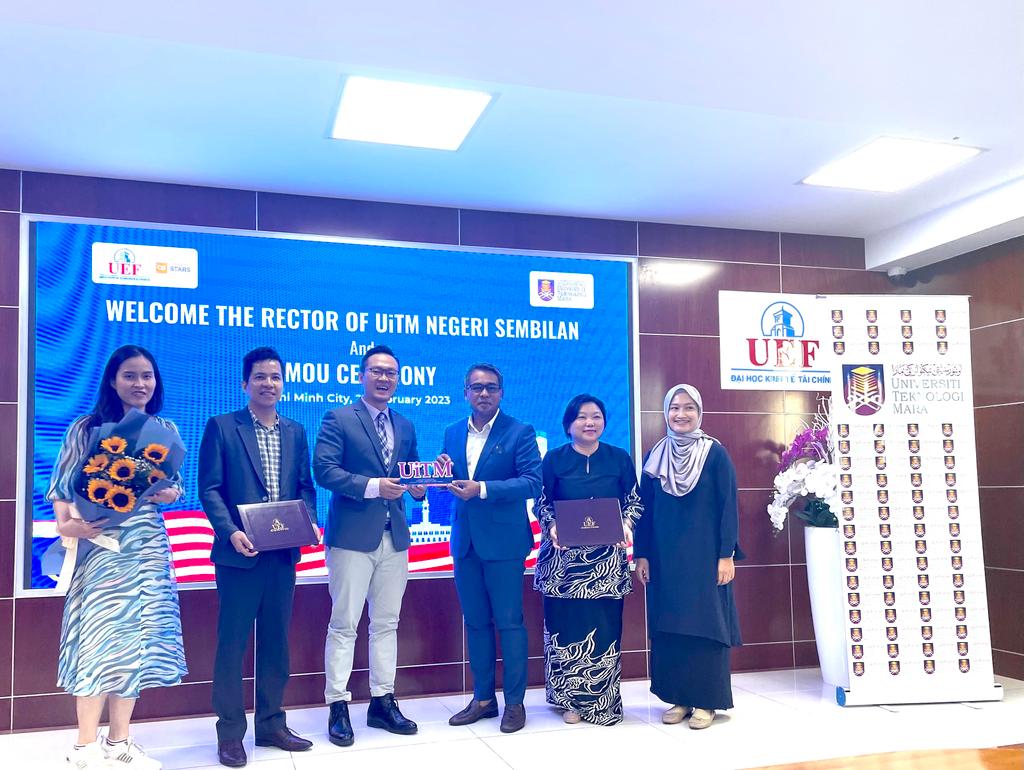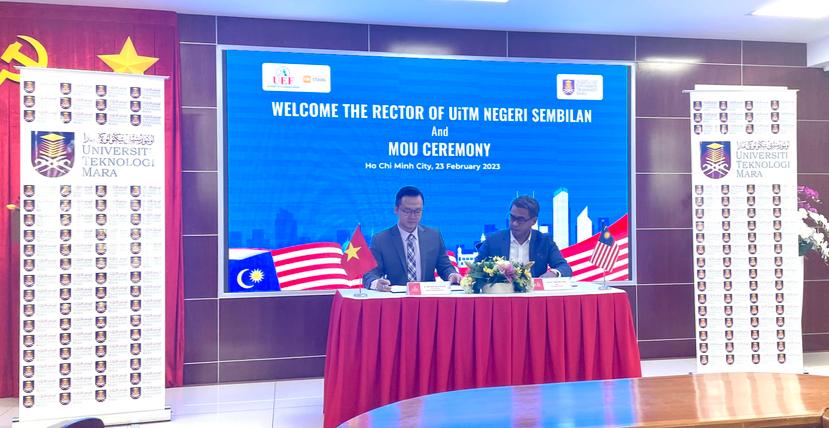
Promoting Quality Education through Bilateral Ties with International Partners
Assoc. Prof. Dr Soo Kum Yoke, Professor Dr Yamin bin Yasin, Dr Siti Nor Atika Baharin & Dr Nor Monica Ahmad
Education is one of the most powerful tools for progress and development, and it is the responsibility of every society to ensure that its citizens have access to quality education. With the globalization of education, institutions around the world are increasingly looking for ways to collaborate and promote education on a global scale. One way of achieving this is through bilateral ties between institutions, which can help to enhance the quality of education, increase access to resources, and promote the exchange of ideas.
Bilateral ties between two institutions involve a partnership agreement that is entered into by two educational institutions from different countries. These agreements are usually focused on promoting collaboration and cooperation in the areas of teaching, research, and student exchanges. The primary objective of these partnerships is to enhance the quality of education for students, faculty, and staff of both institutions.
One of the most significant benefits of bilateral ties between institutions is the exchange of knowledge and expertise. Institutions can learn from each other’s strengths and weaknesses, share research findings, and collaborate on joint research projects. This sharing of knowledge and expertise can lead to the development of innovative educational programs, new teaching methodologies, and the creation of new research opportunities.
Another important benefit of bilateral ties is the promotion of cultural exchange. Through student and faculty exchanges, institutions can create opportunities for students and staff to experience different cultures and gain a deeper understanding of global issues. These experiences can broaden perspectives and help to develop global citizens who are better equipped to contribute to society.
Bilateral ties also promote the sharing of resources. Educational institutions often have limited resources, such as research facilities, libraries, and specialized equipment. Through partnerships, institutions can pool their resources and share access to these facilities and equipment, making them more accessible to students and faculty. This sharing of resources can lead to significant cost savings and can enable institutions to offer new programs that may have been beyond their reach otherwise.

Thus, it is not a wonder that UiTM Malaysia and it’s branches in the respective states of the country, are aggressively promoting bilateral ties with oversea institutions of higher learning. Most recently, on 23 February 2023 UiTM Negeri Sembilan succeeded to sign a Memorandum of Understanding (MoU) with University of Economics and Finance, Ho Chi Minh City, Vietnam, marking another milestone success in achieving bilateral ties with international partners.
In conclusion, bilateral ties between institutions are an effective way to promote education and enhance the quality of education on a global scale. Through these partnerships, institutions can collaborate, share resources and expertise, and create opportunities for cultural exchange. By working together, institutions can address the challenges facing education today and develop innovative solutions that will benefit students, faculty, and society.
